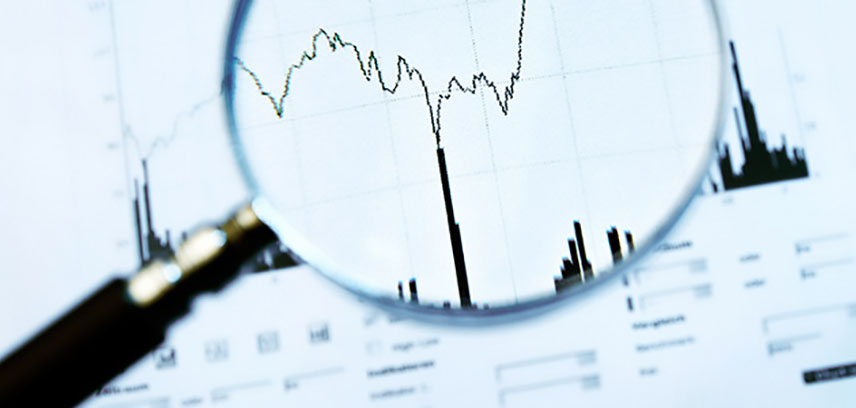
What are volatile markets and why do they matter to investors?
Volatility is an important concept in investing so in this article we explore what it means and why it matters to investors.
What is volatility?
Volatility describes how much and how quickly investments or investment markets can rise or fall in value. When values are relatively stable, volatility is low. On the other hand, when values go up and down a lot, volatility is high.
Some investments or markets are much more volatile than others but as an investor, you can’t avoid volatility altogether. It is a normal part of investing.
What causes market volatility?
There are many things that can cause volatility. Here are some examples:
- News about how well or badly companies or industries are performing
- Political or economic change, such as the election of a new prime minister or rising interest rates
- Unexpected events such as a pandemic, earthquake or terrorist attack
How does market volatility affect investments?
When markets are volatile, your investments can lose value. They can also rebound and go up in value.
Volatility can be unnerving and when your investments drop in value, it can feel like your money is vanishing before your eyes. But it’s important to remember that you only lose money if you sell your investments and withdraw your money.
While volatility can have a big impact on the value of your investments in the short-term, historical data shows that, over the long-term, markets do shrug off those temporary drops and rise again.
What should I do when markets are volatile?
Often the best thing to do is nothing. Investors can panic and sell when their investments start falling in value and this can cause a chain reaction. As supply increases, prices fall further, prompting yet more people to panic and sell.
But markets tend to regain their losses over time. In fact, they can often rebound quickly so the decision to sell when prices are falling is usually emotional rather than rational. By staying invested, you haven’t actually lost any money, and hopefully your investments will get back on track and continue growing before too long.
Timing the market
Some investors do try to capitalise on volatility by timing the market. This involves selling when values are high and buying when they’re low. On paper it looks like a great strategy but in reality even very experienced investors can fail at this. With hindsight it’s easy to see the top and bottom of the market but in the thick of volatility, it isn’t.
Is it possible to manage volatility?
It isn’t possible to eliminate volatility but you can certainly manage it. Here are some common techniques:
- Diversify your investments. If you own a spread of different investments, for example through investing in a fund, it’s less likely that all your investments will go up and down in value at the same time and same rate.
- Invest for the long-term. Volatility may cause your investments to go up and down in value but over time these short-term fluctuations should smooth out.
- Become a regular investor. If you invest routinely every month regardless of market conditions, sometimes you’ll buy when markets are low, which means you’ll get more for your money, and at other times, you’ll buy when investments are more expensive. Known as pound-cost averaging, this helps manage the impact of volatility.
- Invest in line with your risk tolerance. If you have a high-risk appetite, volatility is the price you pay for potential higher returns, but if your risk-appetite is lower you may want to choose lower-risk investments.
As an investor before you make any decisions, consider the best options that will meet your original goals of investing. Be aware of risk during times of volatility, but don’t panic. Remember that an unsteady market may be a result of specific economic events, and may not be for the long-term. Past performance is not an indicator of future success. The value of your investment can fall as well as rise, and as with all stock market investments you may get back less than you paid in.




